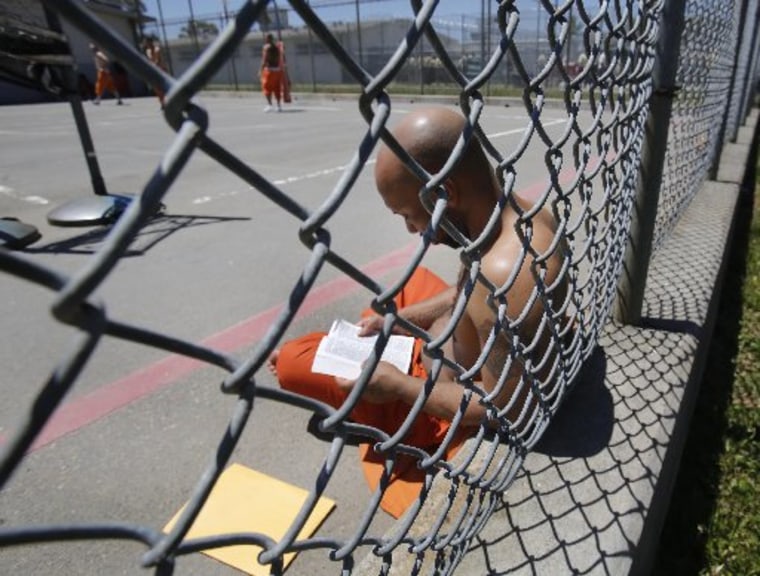As the national conversation on school safety continues to draw attention, the so-called school-to-prison pipeline has largely gone unmentioned. But a new report finds that tighter disciplinary policies and an increased number of police officers at school are landing a staggering number of children behind bars, instead of behind desks.
In recent years, thousands of students have been suspended, expelled, or even arrested for minor infractions, finds the report, Keeping Kids In School and Out of Court, all in the name of making school a safer place. These punitive measures disproportionately target minority and special education students, putting them at a greater risk for dropping out, court involvement, and incarceration.
But the real kicker is that the report finds these tighter disciplinary policies fail to accomplish their basic function--creating a safe environment for students and teachers.
“There is no evidence that the widespread practice of using suspensions regularly to maintain order improves safety,” states the report, published Thursday by the New York City School-Justice Partnership Task Force. “In fact, the research on suspensions points in the opposite direction. High levels of suspensions and arrests in school do not make students and teachers feel safer--they make them feel less safe.”
The task force, led by Judith Kaye, the former chief judge of the state of New York, brought together judges, educators, researchers, advocates, prosecutors, and defense counsel to examine disciplinary policies in New York City’s public school system for the year 2011-2012.
For that year, they found that the number of suspensions was 40% greater than it was six years earlier, and that there were, on average, more than four school-related arrests per day. They also found that there were over 1,600 summonses (akin to tickets) issued during that year, or more than seven per school day on average.
“The numbers really tell the story of where these kids are headed,” said Kaye on msnbc Friday.
In New York City alone, black students were four times more likely to be suspended, and 14 times more likely to be arrested for school-based incidents in school year 2011-2012 compared to white students. Latino students were almost twice as likely to be suspended, and five time more likely to be arrested.
But an overwhelming majority of these students were not committing violent crimes, the data showed. Most of the suspensions, summonses, and arrests were for “minor misbehavior”--the kind that occurs on a daily basis in most schools.
“Overwhelmingly, in every category, what we’re dealing with are things like horseplay and swearing,” said Kaye. “We’re dealing with what might in other places, and for other kids, be viewed as adolescent misbehavior.”
According to the study Breaking Schools’ Rules, cited in Kaye’s report, the correlation between school discipline and student involvement in the criminal justice system is substantial. Students who were suspended or expelled for minor offenses were almost three times as likely to become entangled with the justice system the following year.
What cities should do, the report recommends, is establish a protocol that would teach schools how to address minor offenses, while reserving the use of punitive measures for the most egregious cases.
“We need to take a pause before the suspension, before the arrest, before writing the ticket, because the consequences are huge,” said Kaye. “We need to be bringing together every force we have to address the student needs in ways other than kicking them out of school and down the road toward prison.”
